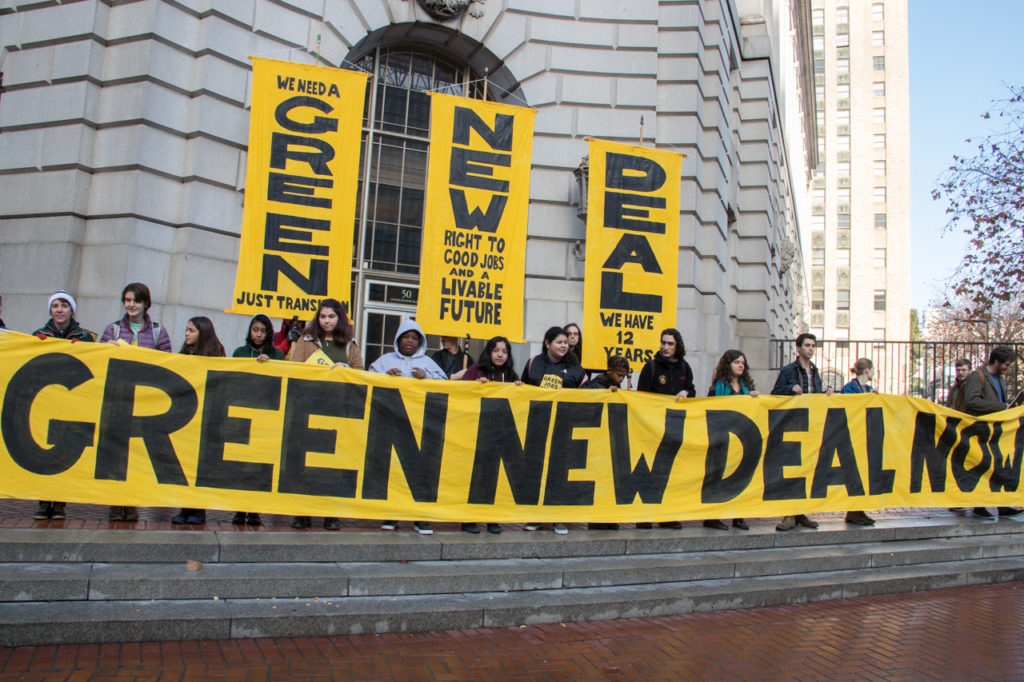In the past year, we have launched a survey worldwide for mapping degrowth realities in the world. 114 organisations answered to the call, with nearly 3,000 active people engaged, mostly located in Europe but also in North and South America, Philippines, Tunisia, Turkey, etc. On August 20th 2018, some members from each of them met for the first time in Freetown Christiania (Copenhagen, Denmark). We exchanged good practices around ecological sustainability and social equity, discussed about the future of the planet, and initiated several international working groups (activists and practitioners; researchers; politics; artists; collective actions; communication; education; etc.) that later met throughout the 6th international degrowth conference, which took place in Malmo, Sweden (August 21-25). Since then, such groups have been working in order to provide opportunities for many people in the world to engage in the degrowth movement locally as well as to diffuse degrowth (theoretically and practically) in their own habitats. As an example, on the 1st June 2019 will be launched the “Global Degrowth Day - Good Life for All”, with multiple actions all over the world (further information will be available soon). Everyone is welcome to join and animate such groups (you can find attached the call for activism and research groups)! You can find the map of the first degrowth realities in the world here. In the future the map will be automated. Until then, if your organisation wants to be mapped, please fill the survey. At the same time, you can find an index to get in contact with the groups, as well as a set of tools for communication and collaboration on https://degrowth.net/. For further information about how to get involved, please visit https://degrowth.net/act or write to activism@groups.degrowth.net The Support Group of the international degrowth conferences (pro tempore facilitator of this process)

Introducing a series of proposals for a truly transformative GND The Green New Deal is on everyone’s lips and policy platforms. Liberal pundit Thomas Friedman coined the term in 2007, and Left parties in the UK called for a Green New Deal during the recession that followed the 2008 global financial crash. Last year, Congresswoman Alexandria Ocasio Cortez rebooted the idea in the United Sta...

Contribution for a dialogue between Degrowth, Human Development and Buen Vivir Over the last 50 years, the mounting evidence of a civilizational or multidimensional crisis has progressively dislocated the (still dominant) industrialist and developmentalist discourse, setting out the imperative of a socio-ecological transition to overcome this crisis. In particular since the turn of the cent...

A highly relevant subject for degrowth Apparently, everybody is talking about digitalization. It was the central topic at the last World Economic Summit in Davos; recently, two German ministries have published White Papers (BMWE, BMAS) on the issue, and it’s all over newspapers and magazines. It is said to revolutionize not only industrial production (Industry 4.0) but almost any aspect of our...